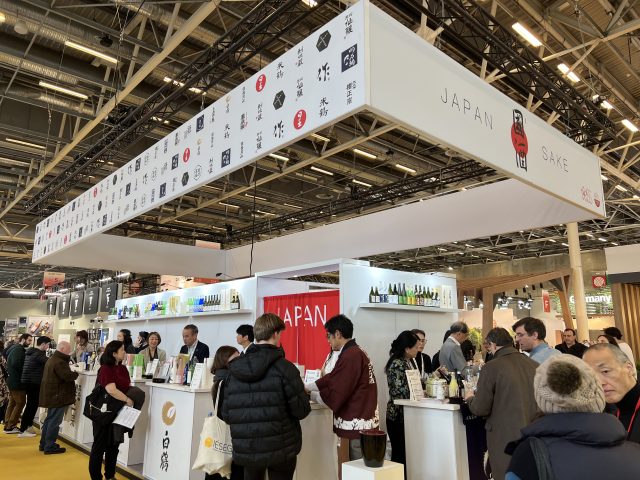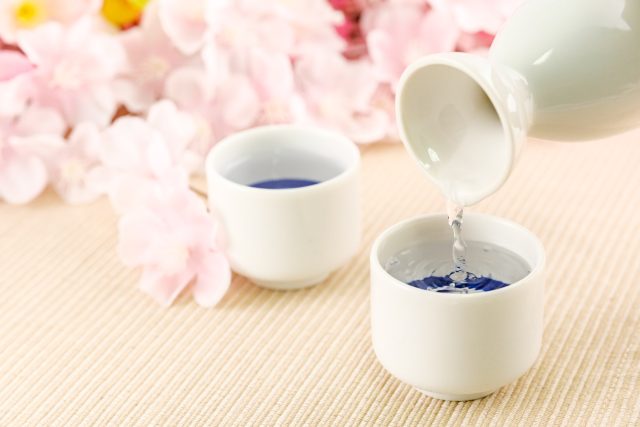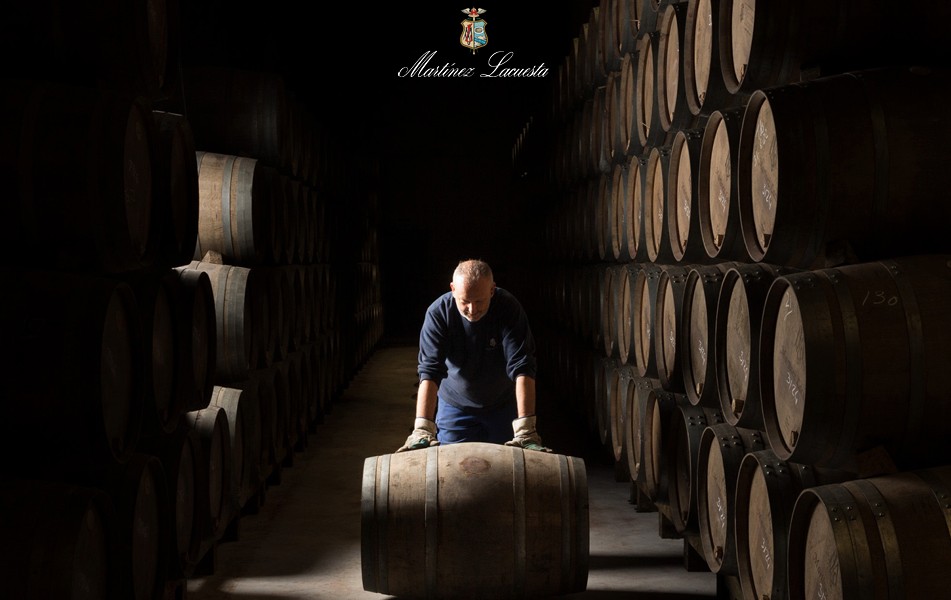JSS to put sake and shochu on show at ProWein
During this year’s ProWein in Düsseldorf, the Japan Sake and Shochu Makers Association (JSS) will be sharing traditional Japanese beverages at its booth and through masterclasses.

The JSS, which unites producers of sake, honkaku shochu, and awamori, will have a booth for sake and honkaku shochu producers at ProWein in March 2023. (Hall 14/ H30) JSS was established in 1953 and has 1,635 (as of November 2022) member producers of sake, honkaku shochu, and awamori.This year, among the member producers, a total of 20 companies will participate: 16 sake breweries specializing in sake, three breweries producing both sake and honkaku shochu, and one distillery specializing in honkaku shochu.
The 20 participating companies are as follows:
Akashi Sake Brewery
Choryo Shuzo
Hikami Sake Brewery General Partnership Company
Ishimoto Sake Brewery
Kirishima Shuzo
Kobe Shu-Shin-Kan Breweries
Kojimasohonten
Manzairaku Sake Kura
Miyasaka Brewing
Ninki
Ozeki Corporation
Rikyugura
Sakuramasamune
Saura
Senjo Brewery
Shimizu Seizaburo Shoten
Tanaka Shuzoten
Tajime General Partnership Chikusen
Tatsuuma-Honke Brewing
Tenzan Sake Brewery
Sake is one of the hottest categories in terms of food pairing, and exhibitors expect to see not only importers and distributors, but also restaurateurs, chefs, and sommeliers. Sake exports have reached a record high for 13 consecutive years, reaching approximately ¥47.5 billion in FY2022. 18.2% CAGR from 2013 to 2022 makes sake a fast-growing category. Already exported to 72 countries, more and more people are enjoying sake outside of Japan, and Japanese restaurants.
At this year’s stand, visitors will be able to sample a wide variety of sake, including daiginjo, junmai, sparkling sake, aged sake, and nigori sake. Furthermore, in recent years, JSS has begun to focus on the export of honkaku shochu and awamori as with sake. Honkaku shochu and awamori is a Japanese spirit with a history of about 500 years, made from barley, sweet potatoes, rice, and other ingredients. Awamori is a spirit made only in Okinawa, in the south of Japan, using 100% rice (rice malt), and both spirits are made using pot stills.
Shochu under 24% ABV, started to be sold under the same low-alcohol license as wine in New York state in the US from 1 July 2022 and it is expected that distribution in restaurants and its international recognition will be increased. Shochu is also included in The Spirits Business’ trend forecast for 2023.
Partner Content
Honkaku shochu and awamori, has also been gradually expanding its use as a unique Japanese spirit by mixologists in the bar in recent years. At this year’s event, visitors can sample honkaku shochu and awamori from 19 companies.
JSS is holding masterclasses on 20 March from 10am to 11am for sake and on 21 March from 10am to 11am for honkaku shochu and awamori.

Overview of Sake Masterclass Hall 13 (Forum 13.1)
In this masterclass, the production process of sake and its flavour characteristics will be explained in comparison to wine. Sake has different tastes depending on the production process and technique, so participants will be tasting five different types of sake (sparkling sake, junmai ginjo, junmai, tarusake, and aged-sake) to show how to combine food and sake styles. The masterclass will be conducted by Julia Scavo (DipWSET), Kura Master judge, ASI Diploma 2017 with Gold Distinction, 2019’s seventh Best Sommelier in the World.
Overview of Honkaku Shochu and Awamori Master Classes Hall 13 (Forum 13.1)
Honkaku shochu and awamori are authentic Japanese spirits with a history of about 500 years. Today, sake is gradually gaining recognition around the world, while honkaku shochu is less well known. They are similar to one another in that both use grain-derived koji as a saccharifier. But there are critical differences. Sake is a fermented beverage made from rice, while shochu is a spirit distilled from a variety of ingredients including rice. The ingredients vary from region to region, with each region growing grains and other materials suited to its local soil, which are then used to make honkaku shochu. In addition, honkaku
shochu and awamori are distilled once in a pot still. This process brings out the rich flavour from the ingredients.
In this masterclass, JSS will explain how much honkaku shochu and awamori is produced and export trends, and participants will taste them made from various ingredients such as rice, barley, sweet potato, and brown sugar. The class will be conducted by Hitoshi Utsunomiya, director of the JSS, and Shuso Imada, director of the JSS Information Centre.
Related reading: sommeliers show strong support for sake.
Related news
Non-vintage is ‘putting together a puzzle’ says Champagne Lallier




